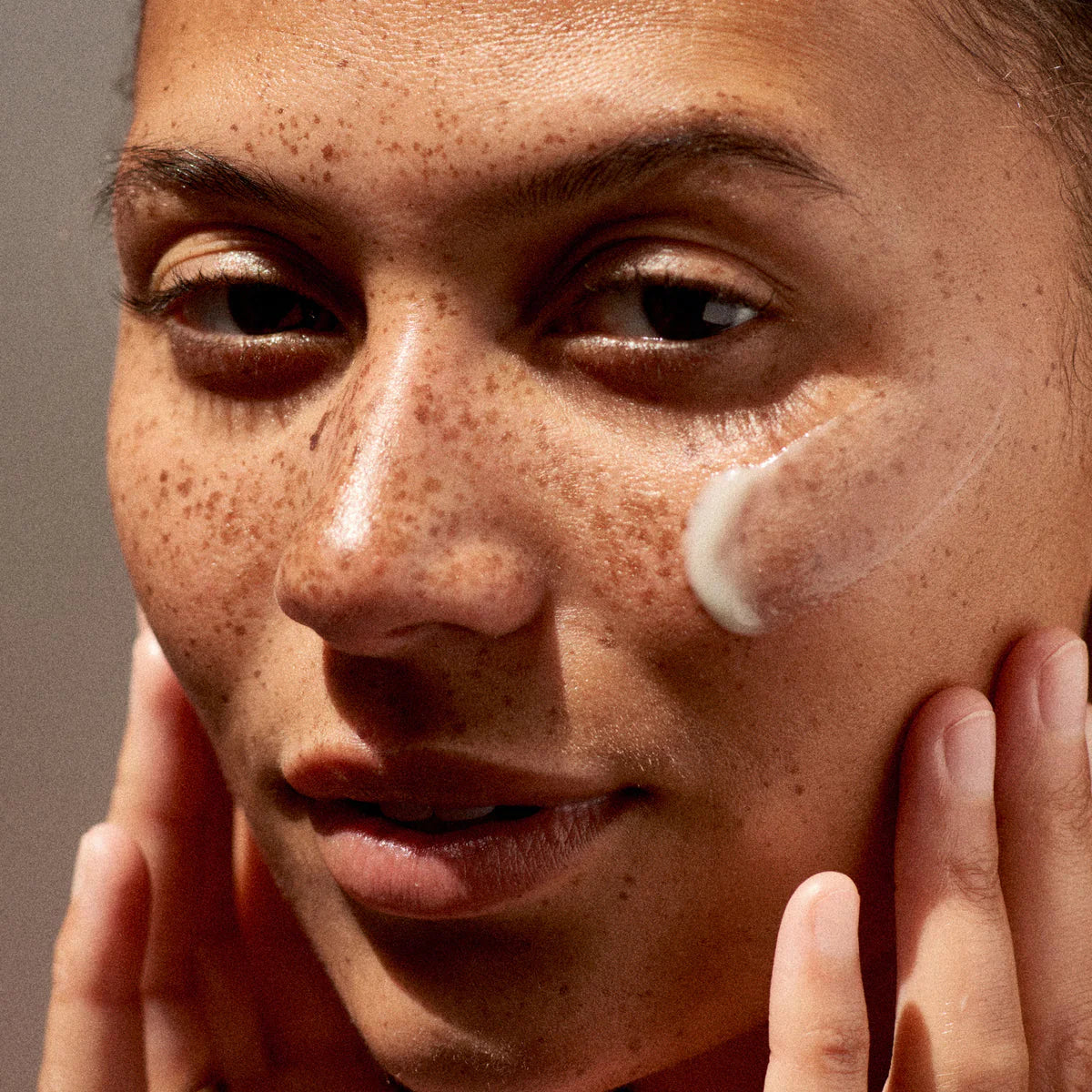The Essential Guide to Mineral vs. Chemical Sunscreens
When it comes to protecting your skin from the harmful effects of the sun, sunscreen is a non-negotiable part of any skincare routine. However, not all sunscreens are created equal. There are two primary types of sunscreens: mineral (also known as physical) and chemical. Understanding the differences between these two types can help you make an informed decision about which is best for you and your family.
What are Mineral and Chemical Sunscreens?
Mineral Sunscreens:
- Ingredients: These sunscreens contain active mineral ingredients such as zinc oxide or titanium dioxide.
- Mechanism: They work by sitting on top of the skin and physically blocking or reflecting UV rays away from the skin.
- Appearance: Mineral sunscreens often leave a white cast on the skin due to the presence of these mineral particles.
Chemical Sunscreens:
- Ingredients: These sunscreens contain organic (carbon-based) compounds like oxybenzone, avobenzone, octocrylene, and octinoxate.
- Mechanism: They work by absorbing UV rays and converting them into heat, which is then released from the skin.
- Appearance: Chemical sunscreens tend to be more transparent and blend more easily into the skin.
Advantages and Disadvantages of Each Type
Mineral Sunscreens:
Advantages:
- Immediate Protection: They start working as soon as they are applied.
- Less Irritating: Generally less likely to cause skin irritation, making them ideal for sensitive skin.
- Broad Spectrum Protection: Effective at blocking both UVA and UVB rays.
- Environmentally Friendly: Less harmful to marine life and coral reefs.
Disadvantages:
- White Cast: Can leave a visible white residue on the skin, which is more noticeable on darker skin tones.
- Thicker Texture: Can feel heavier and may be less cosmetically elegant than chemical sunscreens.
Chemical Sunscreens:
Advantages:
- Cosmetically Elegant: Easier to rub into the skin without leaving a white cast, making them more suitable for daily use under makeup.
- Thinner Formulas: Often have lighter, more fluid consistencies that can feel more comfortable on the skin.
Disadvantages:
- Application Time: Require about 20 minutes after application to become effective.
- Potential Irritants: Some ingredients can cause irritation or allergic reactions, particularly for sensitive skin types.
- Environmental Concerns: Certain chemical ingredients (like oxybenzone and octinoxate) have been linked to coral bleaching and may harm marine ecosystems.
Biological Makeup and Functionality
Mineral Sunscreens:
- Zinc Oxide: A broad-spectrum UV blocker that is photostable and non-irritating. It has anti-inflammatory properties and is often used in products for sensitive or acne-prone skin.
- Titanium Dioxide: Also a broad-spectrum blocker, it is less effective against UVA rays compared to zinc oxide but is often combined with it to enhance protection.
Chemical Sunscreens:
- Oxybenzone: Effective at absorbing UVB and short UVA rays but has been associated with hormone disruption and skin allergies.
- Avobenzone: Provides broad-spectrum UVA protection but is often stabilized with other ingredients as it can degrade in sunlight.
- Octocrylene: Absorbs UVB and short UVA rays and helps stabilize avobenzone.
- Octinoxate: Effective UVB absorber but has raised concerns regarding its potential environmental impact.
Importance of Wearing Sunscreen
Regardless of the type, wearing sunscreen is crucial for several reasons:
- Prevents Skin Cancer: Regular use of sunscreen reduces the risk of developing skin cancer, including melanoma, which can be life-threatening.
- Prevents Premature Aging: Sunscreen protects against photoaging, which includes wrinkles, fine lines, and hyperpigmentation caused by UV exposure.
- Prevents Sunburn: Sunburn not only causes immediate pain and discomfort but also contributes to long-term skin damage.
- Protects Against DNA Damage: UV radiation can cause direct DNA damage, leading to mutations and skin cancer. Sunscreen acts as a protective barrier against this damage.
Which Sunscreen is Better?
The answer to this question depends on individual needs and preferences:
- For Sensitive Skin: Mineral sunscreens are generally a better choice due to their lower risk of irritation.
- For Daily Wear: Chemical sunscreens might be preferred for their ease of application and invisibility on the skin.
- For Outdoor Activities: Mineral sunscreens are often recommended as they provide immediate protection and are less likely to cause irritation from sweat and activity.
- For Environmental Concerns: Mineral sunscreens are a more environmentally friendly option, particularly for those who swim in oceans or other natural bodies of water.
Conclusion
In conclusion, the best sunscreen is one that you are comfortable using consistently. Both mineral and chemical sunscreens have their unique advantages and disadvantages, but the most important thing is to ensure that you are protecting your skin from harmful UV radiation every day.


